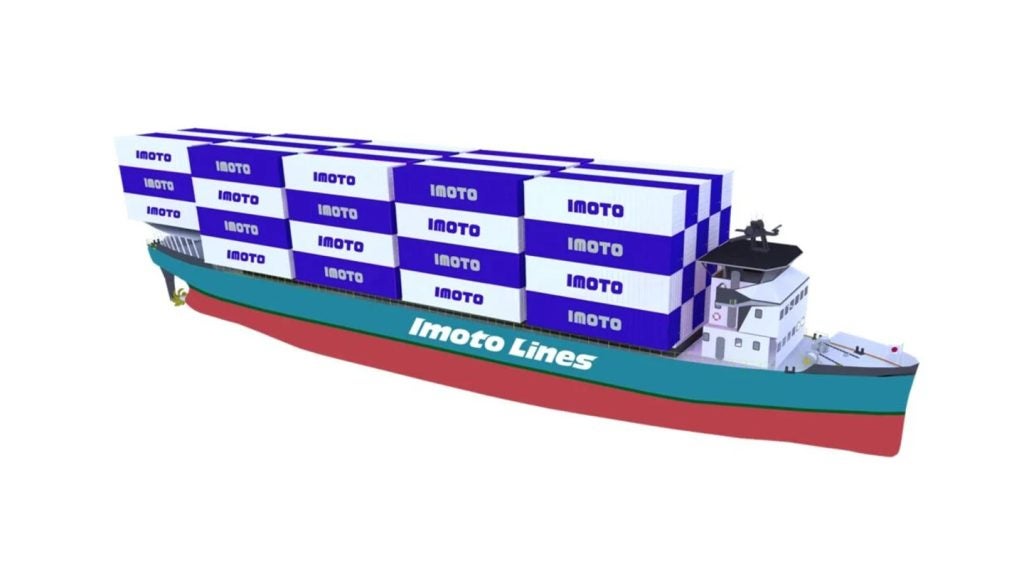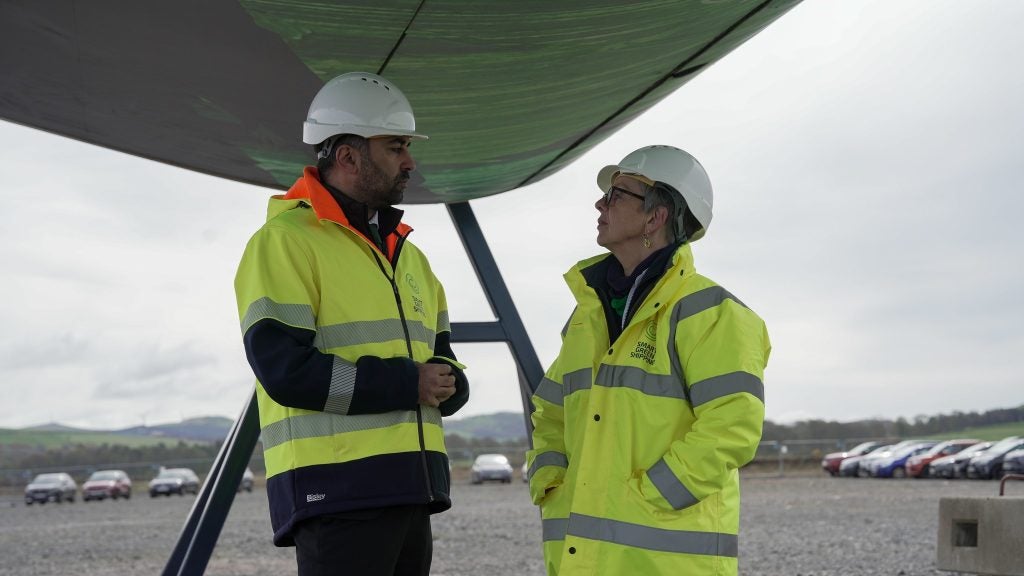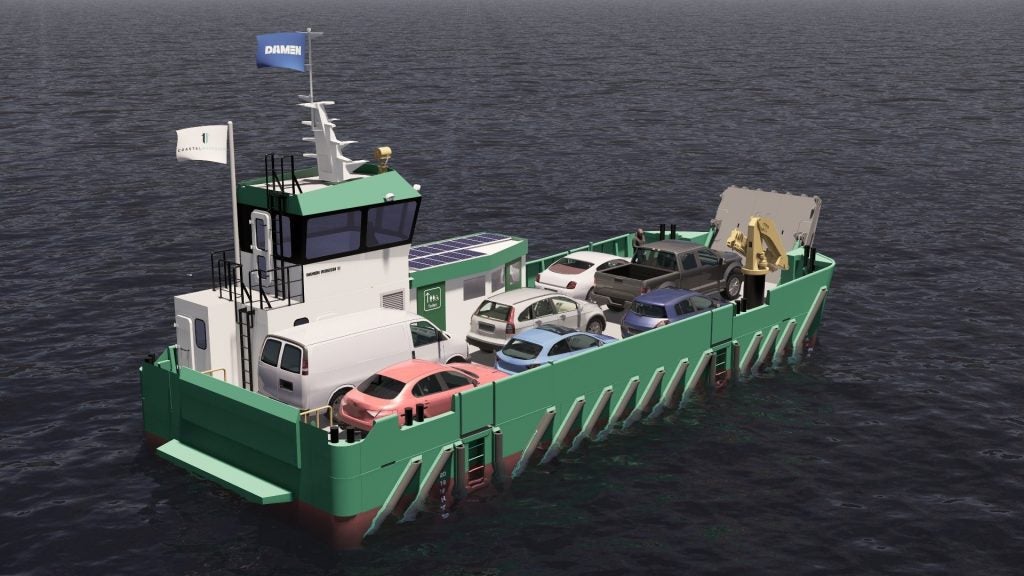
A new study conducted by scientists from Germany’s University of Bonn, along with their colleagues from St Augustin and Rostock University, has revealed that the use of high-tech air-trapping materials on ship hulls could help reduce up to 1% of global carbon dioxide (CO2) emissions.
The study found that oil tankers could save up to 20% of fuel due to reduced drag resulting from the use of such materials.
Use of high-tech surfaces can double the antifouling effects, which involves the reduced growth of organisms on the hull.
According to researchers, high-tech coatings may offer a solution to the problem posed by various technical tricks, including the microbubbles technology, which actively pumps air bubbles under the hull to reduce drag, but requires a high amount of energy to produce the bubbles.
The amount of energy required to produce the bubbles is much higher than the total savings effect.
However, the new high-tech coatings can hold air for long periods or even weeks and offer a solution for reducing drag and emissions.
How well do you really know your competitors?
Access the most comprehensive Company Profiles on the market, powered by GlobalData. Save hours of research. Gain competitive edge.

Thank you!
Your download email will arrive shortly
Not ready to buy yet? Download a free sample
We are confident about the unique quality of our Company Profiles. However, we want you to make the most beneficial decision for your business, so we offer a free sample that you can download by submitting the below form
By GlobalDataLayers of the high-tech coating are based on a model derived from natural sources such as the floating fern Salviniamolesta.
University of Bonn Nees Institute for Biodiversity of Plants representative and one of the authors of the study Dr Matthias Mail said: “Around ten years ago, we were already able to demonstrate on a prototype that, in principle, it is possible to reduce drag by up to 10%.
“Our partners at Rostock University later achieved a 30% reduction with another material developed by us.”
However, the technology developed by the University of Bonn scientists is not yet mature enough for practical use.
The scientists noted that the technology has the potential to save at least 5% to 20% fuel in the medium term.






